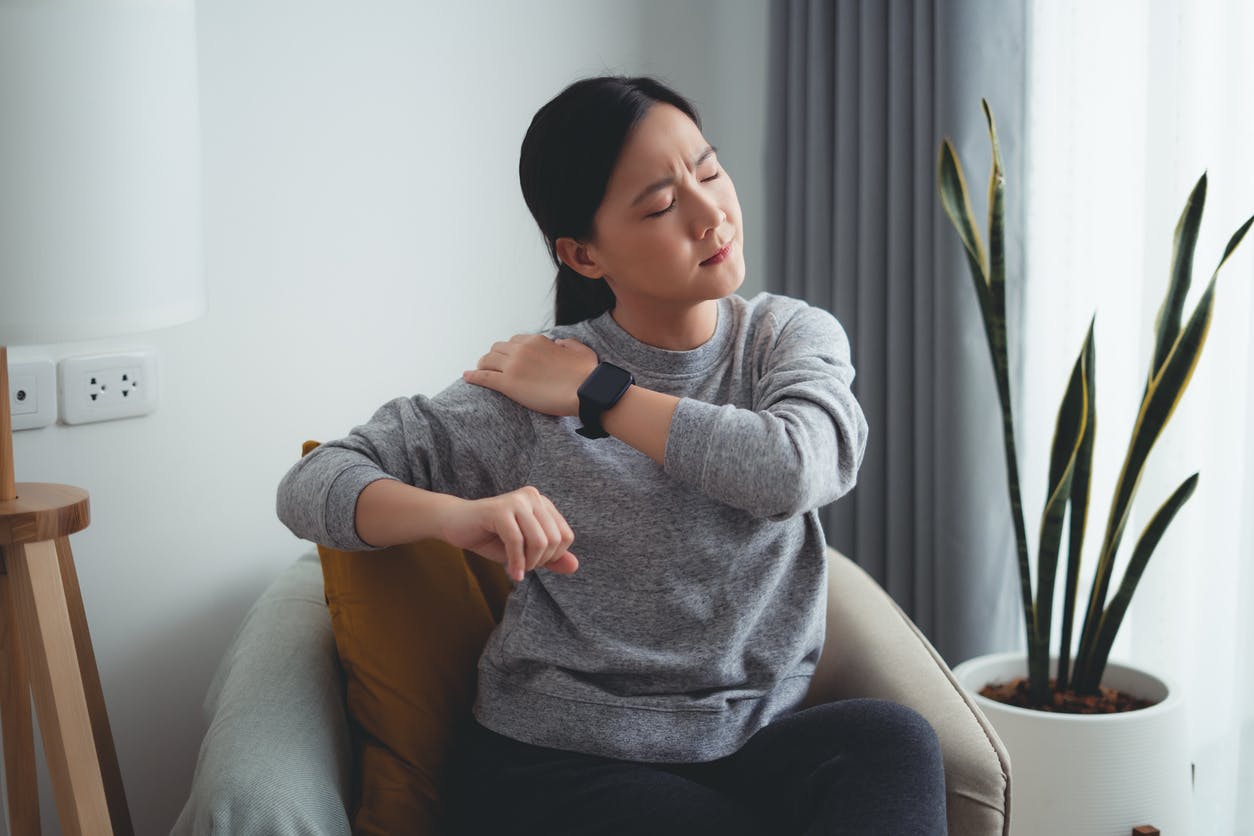You’ve come to the right place for comprehensive care in diagnosing and treating shoulder instabilities. Our team of experienced orthopedic specialists is here to provide you with the comprehensive care you need to overcome shoulder instability and regain full function and mobility.
Causes of Shoulder Instabilities
Traumatic Injury: A sudden impact or force to the shoulder, such as a fall or collision, can cause ligaments, tendons, or the labrum (a ring of cartilage that surrounds the glenoid) to tear or stretch, resulting in instability.
Repetitive Overuse: Certain repetitive activities or sports movements, such as overhead throwing or swimming, can gradually wear down the supportive structures of the shoulder, increasing the risk of instability over time.
Anatomical Factors: Some individuals may have naturally lax or loose ligaments, making them more prone to shoulder instability even without a specific injury.



